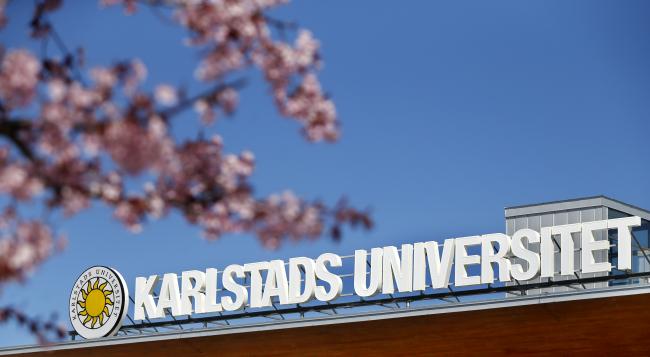Regions in Transition
Welcome to the 6th NoRSA-conference!
9 - 10th of March 2017 in Karlstad, Sweden

Deadlines
11 January 2017 for abstracts
6 February 2017 for extended abstracts
31 January 2017 for registration
Key note speakers
Sharon Penderis, Director of Institute for Social Development, University of Western Cape, South Africa. Sharon Penderis has an Honours Degree in Geography and Environmental Studies and Masters’ degree in Geography and Environmental Studies from the University of Stellenbosch. Her PhD was entitled: State/society relations in the South African Developmental State: Integrated Development Planning and public participation at the local level.
https://www.uwc.ac.za/Biography/Pages/sharon-penderis.aspx
Frank Neffke, Center for International Development, Harvard Kennedy School, Harvard University, USA. Frank Neffke held his PhD from the university of Utrecht at the department of Economic Geography. His PhD was entitled: Productive Places, the influence of technological change and relatedness on agglomeration externalities. His research interests concerns evolutionary economics, inter-industry relatedness, skills and tasks in economic development and technological and structural change.
http://www.frankneffke.com/
Regions appear as more or less stable entities located at fluctuating spatioal levels or intersections of time and space in material, digital and immaterial terms. In general regions are identified, constructed and legitimized through for instance accessibility, administration, culture, heritage, economy, management, nature and natural resources, physical geography and politics. Regions are of special interest to research as space where top-down and bottom-up practices and processes meet, and different synergies and conflicts are played out. A regionalized approach for studying societal and scientific challenges is thus of improtance for the staging of competing systems of governance and a transition to sustainable development.
The converence invites papers that 1) look at forms of governingn in relation to politicisation, de-politicisation, people-driven processes and local knowledge, espceially in the context of regional governance; 2) explore how economic, social and environmental transition processes are, or may be, played out in different regions in the past and present.
The conference encourages transdisciplinary approaches.
Topic A: Governance
The relationships between politics, administration and the market have undergone significant changes in liberal democratic states over the last three decades. These shifts are related to the neo-liberal turn of the 1980s, to the adoption of New Public Management practices as well as new political rationalities and practices, articulated in different ways at various spatial scales and with varying effects. One effect is the development of systems of governance led by consultants and bureaucrats, and the development of uncritical transfer of expert-driven knowledge. Decision-making processes are criticized for being expert driven and also for having failed to provide meaningful participation to those most affected by environmental and social injustices. Thus
environmental justice demands policies based on people-centered development and bottom-to-top approaches.
Topic B: Sustainable Transition
Transition to sustainable development has been raised as a central global challenge for the future. Yet, the involvement of, and knowledge about, processes on regional level is important for reaching goals of the three dimensions of sustainable development: the economic, the social and the environmental. Central to this topic is, for example, the relationship between core and periphery, how sustainable new industries and paths are developed, to what extent and how regional innovation systems have to be rearranged to support new sustainable industries, how transportation solutions are put into practice in this new geography, if and how innovations are diffused across space, how new networks of actors are formed, and how labor takes part (or not) in sustainable regional transformation. In this process, the dynamics of local decision making, and to what extent people and communities take part in the decision making process, is also vital.

